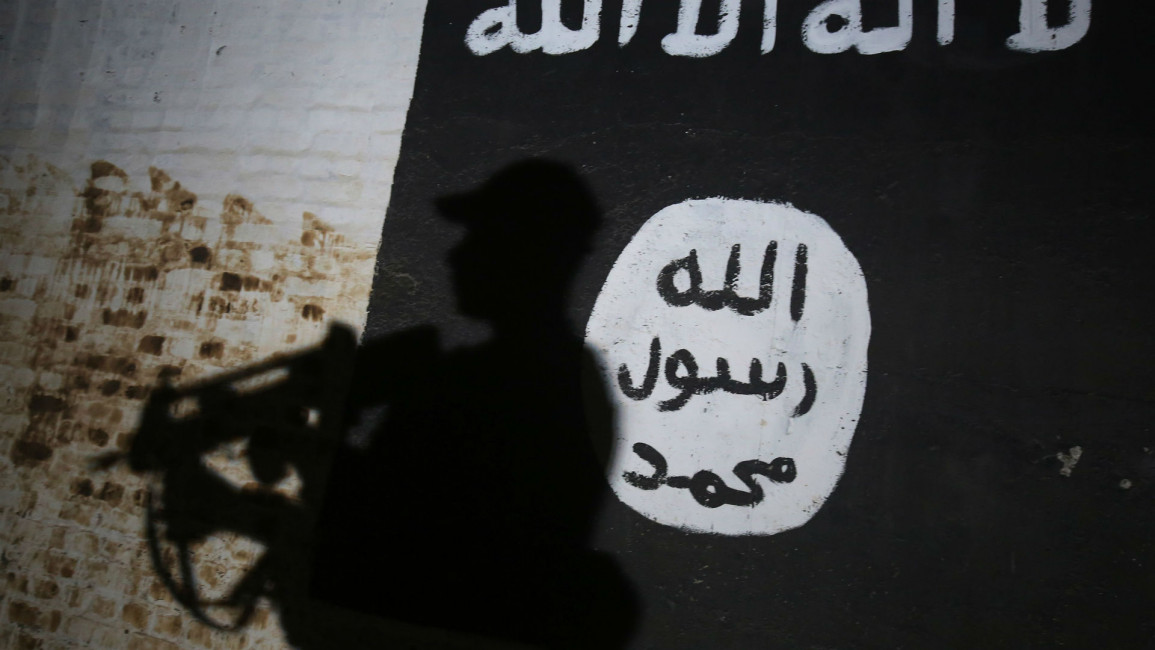Islamic State attack kills two Haftar fighters in Libya
Two fighters from forces commanded by Libyan strongman Khalifa Haftar were killed on Wednesday, in an attack claimed by the Islamic State group, a spokesman said.
Three others were wounded in the attack that took place 60 kilometres (40 miles) south of the eastern city of Ajdabiya, said General Ahmad al-Mesmari, spokesman for Haftar's self-proclaimed Libyan National Army.
One fighter was beheaded, General Mesmari said, noting the attack bore the hallmarks of IS.
The militant group claimed responsibility for the attack soon after via its propaganda agency Amaq.
Authorities launched an investigation into the attack and were bidding to track down the perpetrators, Mesmari said.
Despite the loss of its coastal stronghold of Sirte in December 2016, IS remains active in Libya.
The last attack the group claimed was on October 4, when a suicide bomber killed four people at a judicial complex in the western city of Misrata.
Various jihadist groups including IS have exploited the chaos that has reigned in Libya since the downfall of dictator Muammar Qaddafi to gain a foothold in the country.
'No progress'
The country has two rival governments: a United Nations-backed one in the west and a rival administration backed by Haftar's forces in the east.
A month of UN-backed Libya peace talks ended on Sunday with no progress towards stabilising the country or elections.
UN envoy Ghassan Salame opened new talks in Tunisia between the rival Libyan administrations last month after presenting a plan for a transition toward presidential and parliamentary elections.
Salame, who was appointed UN envoy in July, presented his roadmap to the United Nations on September 20, outlining his hopes to give Libyans a future.
Under his plan, a new constitution must be put before a referendum, paving the way for elections.
During October the UN in has hosted delegations in Tunis from rival parliaments from eastern Libya and Tripoli, which are meant to draw up amendments to a previous UN-mediated plan signed in December 2015.
But at the end of a second round of talks Salame said only that discussions would continue, without giving a new date.
"There are some area of consensus... but there are parts which need discussions with the political leaderships inside Libya," Salame told reporters, without giving details.
Agencies contributed to this report.



